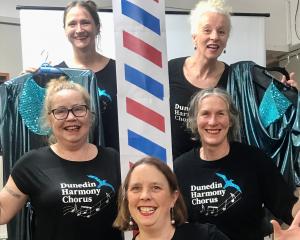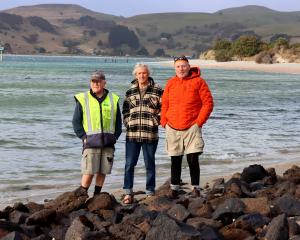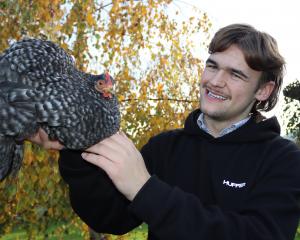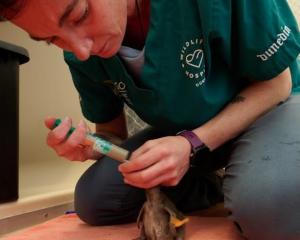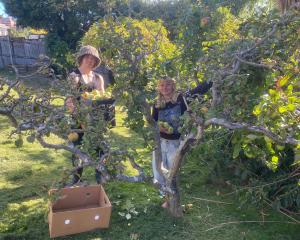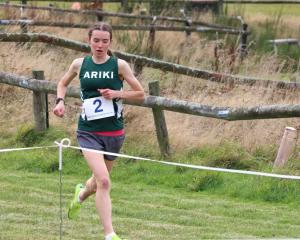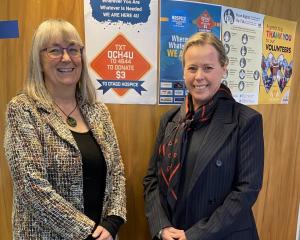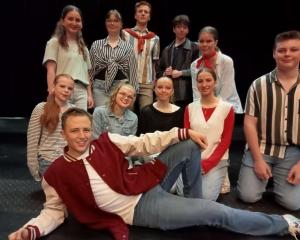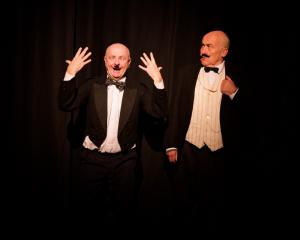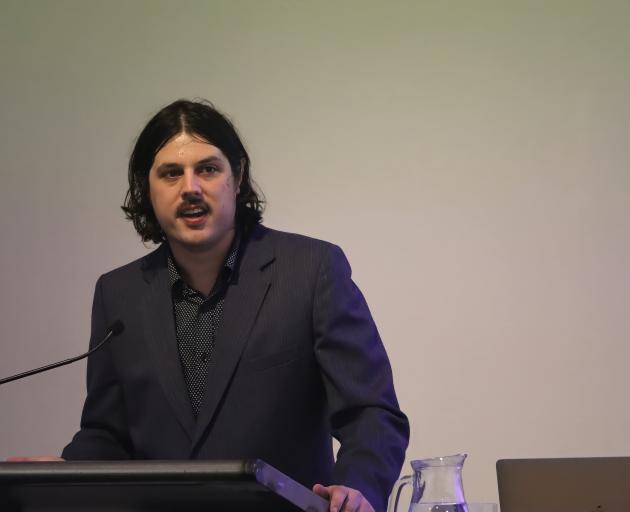
University of Otago PhD student Jack Brosnahan shared his research on Felix Grayeff, whose life was shaped by leaving Nazi Germany and finding a new life in Dunedin.
Mr Grayeff was born in 1906 to a "pretty well-off Jewish family" living in Konigsberg.
As a young boy his home life was happy, and the house was a cultural hub of actors, opera singers and artists.
Mr Grayeff's father died when he was five, and his mother initially received a healthy pension.
However, the business failed in post-World War 1 Germany's deteriorating economy, forcing his mother to sell property and valuables to make ends meet.
A rise in anti-Semitism emerged, including the myth that "treacherous German Jews" had led to Germany's defeat in the war.
Mr Brosnahan said persecution of Jews in Germany developed over time.
"Hitler is elected Chancellor of Germany in 1933, but the Holocaust itself, the systematic targeted murder of six million Jews, that doesn't really get into gear until 1941.
"So there is this eight-year period of gradually increasing persecution."
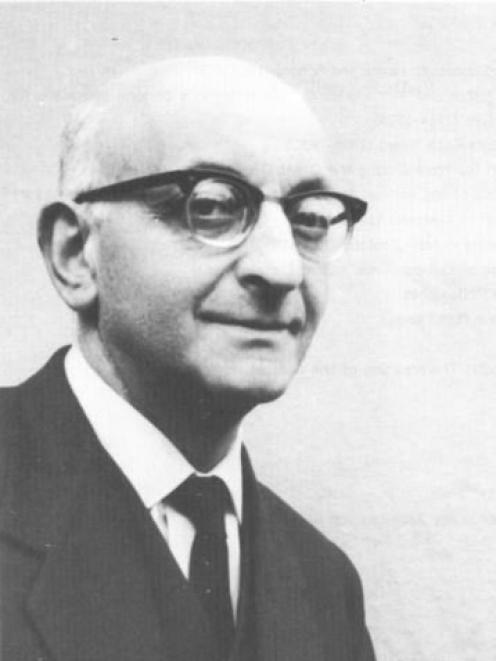
"There had been other anti-Semites throughout history in power, and certainly the Holocaust, the massive scope of this murderous programme was not really conceived of by anyone."
In 1938, as conditions for Jews in Germany deteriorated, Mr Grayeff, now a teacher in Berlin, secured an Australian entry permit through the help of his sister Ellen, who obtained her own permit the year before.
His first job was at a college in Adelaide, but it was only for one term, so he accepted a temporary post as a lecturer in German language at the University of Otago starting the following year.
Arriving in Dunedin in February 1939 he settled into university life.
He married Marianne Zander who he first met as a fellow teacher in 1933 and they had two children, Leonie, born in 1943 and Michael, born in 1947.
For 13 years Mr Grayeff and his family settled into life in Dunedin.
He observed the horrors of the Holocaust from afar, writing in his autobiography of the planned and prepared massacre of six million Jews as a "never exceeded satanic crime".
But Mr Brosnahan observed Mr Grayeff also wrote he would "say nothing further" about this crime.
This "clear silence" echoed other accounts of those who were able to escape the Holocaust.
"This was the case for many survivors, that they never talked about their experiences or weren't able to talk about their experiences until very late in life.
"So it could well be it is the case for Felix as well, that it was just too difficult."
Mr Grayeff and his family eventually moved on from Dunedin, travelling to the United Kingdom in 1952.
Why he left seemed to be partly due to his position not advancing, but in his autobiography he hints there may have been other reasons for leaving, such as a "changed atmosphere" in his department after the death in 1944 of his friend and champion Dr G. E. Thompson.
There was some evidence outside of his autobiography to suggest Mr Grayeff’s perception was that anti-Semitism on the part of multiple colleagues also contributed to his decision to leave, Mr Brosnahan said.
- Mr Brosnahan’s talk was one of a series on migration to Otago presented by the University of Otago’s Centre for Global Migrations and hosted by Toitū Otago Settlers Museum. For the next talk in the series at 2pm on May 24, Toitū Otago Settlers Museum curator Seán Brosnahan will be speaking about Lebanese migration.



